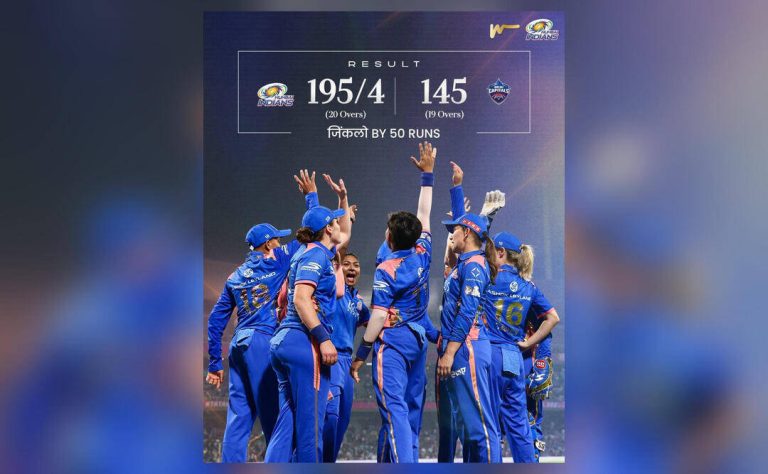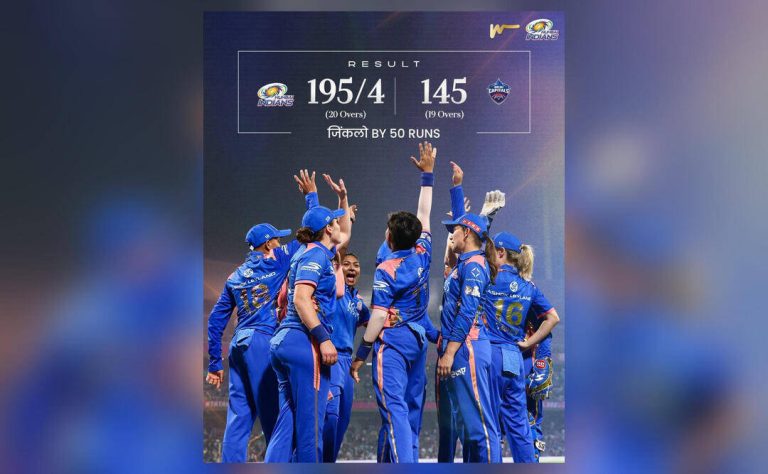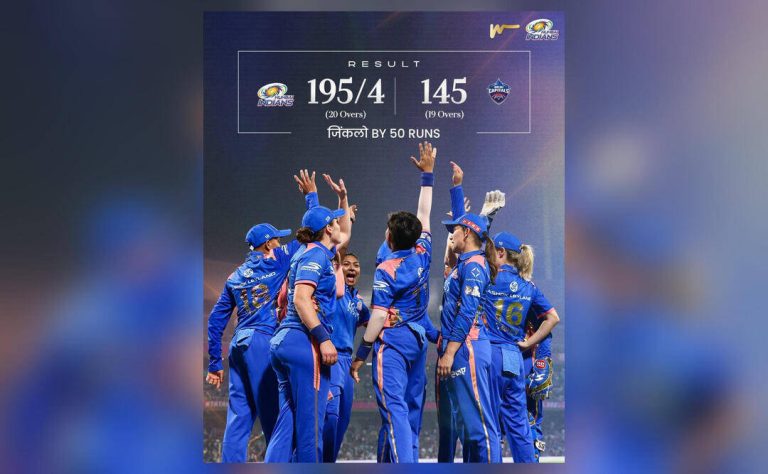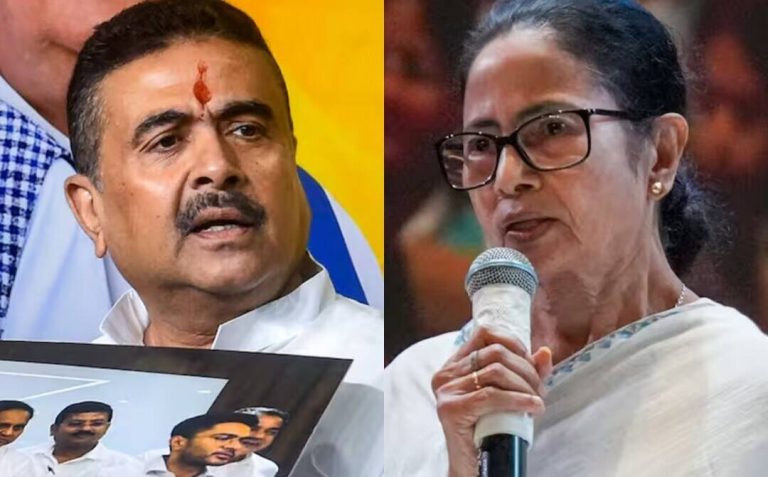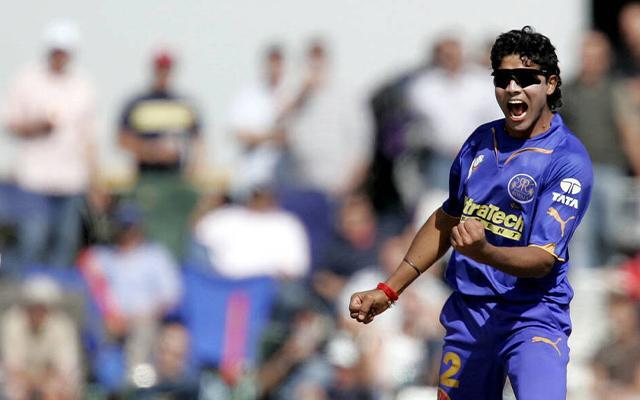
Why was Ravindra Jadeja banned from IPL 2010 after trade talks?
The Indian Premier League (IPL) has been a platform for cricketers to showcase their skills and entertain fans since its inception in 2008. However, over the years, there have been instances where players have found themselves in trouble due to various reasons, leading to bans or suspensions. One such incident involves the talented all-rounder, Ravindra Jadeja, who was banned from participating in the IPL 2010 season. In this blog post, we will delve into the reasons behind Jadeja’s ban and explore the circumstances that led to this decision.
Ravindra Jadeja, who was traded to the Rajasthan Royals (RR) by the Chennai Super Kings (CSK) on Saturday, was expected to be a key player for his new team in the 2010 season. However, things took a dramatic turn when Jadeja failed to sign his renewal contract with RR. Instead, he attempted to negotiate a new contract with the Mumbai Indians (MI), which did not go down well with the IPL authorities. The IPL governing body deemed Jadeja’s actions as a breach of player trading and operational rules, resulting in his ban from the 2010 season.
The then IPL Chairman, Lalit Modi, was stern in his response to Jadeja’s actions, stating, “We won’t tolerate any players or their agents blackmailing the IPL/BCCI in any manner.” This statement highlighted the IPL’s commitment to maintaining the integrity of the tournament and ensuring that players adhere to the rules and regulations. The ban on Jadeja served as a warning to other players who might be considering similar actions, emphasizing the importance of respecting the contracts and agreements in place.
The incident also raised questions about the player trading and contract negotiation process in the IPL. The league’s rules and regulations are designed to ensure a fair and transparent process, allowing teams to negotiate with players and finalize contracts. However, in Jadeja’s case, his attempt to renegotiate his contract with a different team after being traded to RR was seen as a violation of these rules. This incident highlighted the need for clarity and consistency in the application of these rules, ensuring that players and teams are aware of their obligations and responsibilities.
The ban on Jadeja also had implications for his career, at least in the short term. As a talented young player, Jadeja had already made a name for himself in the IPL, and his absence from the 2010 season was likely to impact his development and exposure. However, it is worth noting that Jadeja has since gone on to become one of the most successful and respected players in the IPL, representing the Chennai Super Kings and the Indian national team with distinction.
In conclusion, the ban on Ravindra Jadeja from the IPL 2010 season was a result of his failure to sign his renewal contract with the Rajasthan Royals and his attempt to negotiate a new contract with the Mumbai Indians. The IPL authorities deemed this a breach of player trading and operational rules, resulting in a ban that served as a warning to other players. The incident highlighted the importance of respecting contracts and agreements in place and the need for clarity and consistency in the application of the IPL’s rules and regulations.
As we look back on this incident, it is clear that the IPL has come a long way in terms of its governance and administration. The league has implemented various measures to ensure that players and teams adhere to the rules and regulations, and the incident involving Jadeja serves as a reminder of the importance of maintaining the integrity of the tournament. With the IPL continuing to grow in popularity and stature, it is essential that the league continues to prioritize fairness, transparency, and consistency in its operations.
News Source: https://www.crictracker.com/cricket-appeal/3-indian-cricketers-banned-from-ipl-unexpected-reasons/3/
